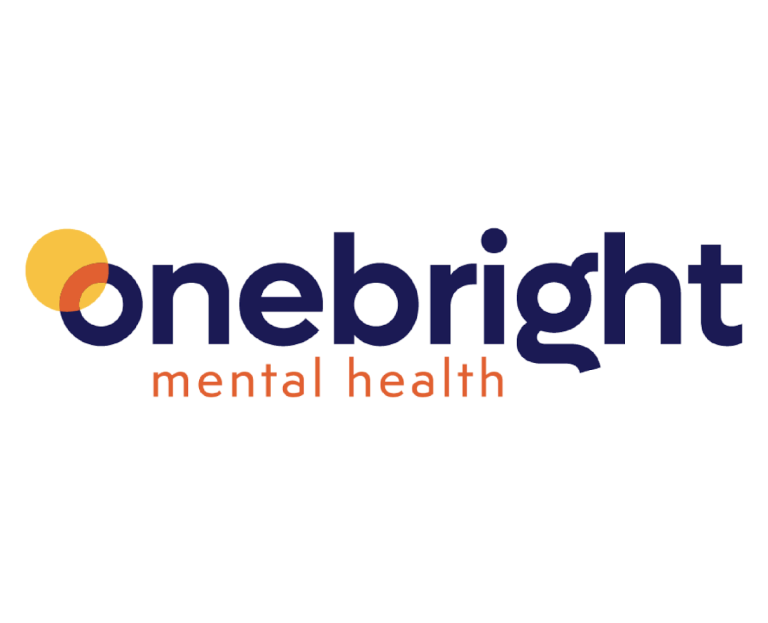Managing mental health issues can be challenging, but seeking help is a crucial step towards recovery. When considering treatment options, many individuals face the decision between Cognitive Behavioral Therapy (CBT) and counselling. Both therapies offer unique benefits, but the choice depends on individual needs and goals. This guide explores the differences between CBT therapy and counselling to help you make an informed decision.
Understanding CBT Therapy
Cognitive Behavioral Therapy (CBT) is a highly regarded mental health treatment known for its evidence-based approach and proven results. CBT is based on the principle that our thoughts, emotions, and actions are interlinked. The therapy aims to identify and challenge negative thought patterns and behaviours that contribute to overwhelming emotions.
In CBT, the therapist and client work collaboratively to use practical tools and strategies that help reframe thinking and manage emotions. This structured approach allows individuals to create positive, long-term changes in their lives. CBT is effective in treating various mental health conditions, including:
- Anxiety Disorders: CBT helps individuals manage anxiety by addressing the underlying thought patterns that contribute to anxious feelings.
- Depression: The therapy provides tools to challenge and alter negative thought processes that fuel depressive symptoms.
- Post-Traumatic Stress Disorder (PTSD): CBT offers strategies to process and manage trauma-related thoughts and behaviours.
- Obsessive-Compulsive Disorder (OCD): The therapy helps individuals confront and reduce compulsive behaviours and intrusive thoughts.
- Stress Management: CBT equips individuals with techniques to handle stress more effectively.
- Insomnia: CBT can improve sleep by addressing thoughts and behaviours that disrupt sleep patterns.
- Eating Disorders: The therapy helps manage unhealthy eating behaviours by challenging related thought patterns.
By offering practical solutions that individuals can integrate into their daily routines, CBT provides hope and effective management for those struggling with these issues.
Benefits of Counselling
Counselling differs from CBT in that it offers a more fluid and exploratory space. This approach emphasizes empathetic listening and building a therapeutic relationship based on trust and understanding. Counselling focuses on providing a supportive environment where individuals can openly express their thoughts and feelings without fear of judgment.
Counselling encompasses a variety of techniques but is primarily aimed at fostering self-awareness and personal growth. Common issues addressed through counselling include:
- Grief: Helping individuals navigate the complex emotions associated with loss.
- Relationship Issues: Assisting with communication and resolving conflicts in personal relationships.
- Life Transitions and Adjustments: Supporting individuals through significant life changes, such as career shifts or relocations.
- Self-Exploration and Personal Growth: Encouraging self-discovery and development.
- Stress Management: Providing strategies to cope with stress and improve overall well-being.
The compassionate environment of counselling allows individuals to explore their emotions and work through challenges in a supportive setting.
Choosing the Right Path
Deciding between CBT therapy and counselling depends on what you seek from therapy. To assist in your decision-making, consider the following questions:
- What support do I need?
- What are my specific concerns or challenges?
- Am I interested in exploring the root causes of my issues?
- Am I open to trying different therapeutic approaches?
If you prefer structured interventions with tangible goals and practical strategies, CBT therapy might be the better option. Conversely, if you seek a reflective space to process emotions and experiences, counselling may be more suitable.
Ultimately, choosing between CBT therapy and counselling is a personal decision based on your individual needs and goals. Seeking help is a courageous step towards healing, and both therapies offer valuable paths to improved mental well-being.
Onebright offers a range of therapeutic services, including both CBT therapy and counselling, ensuring support tailored to your needs. Remember, you are not alone in your journey towards mental health and well-being.


